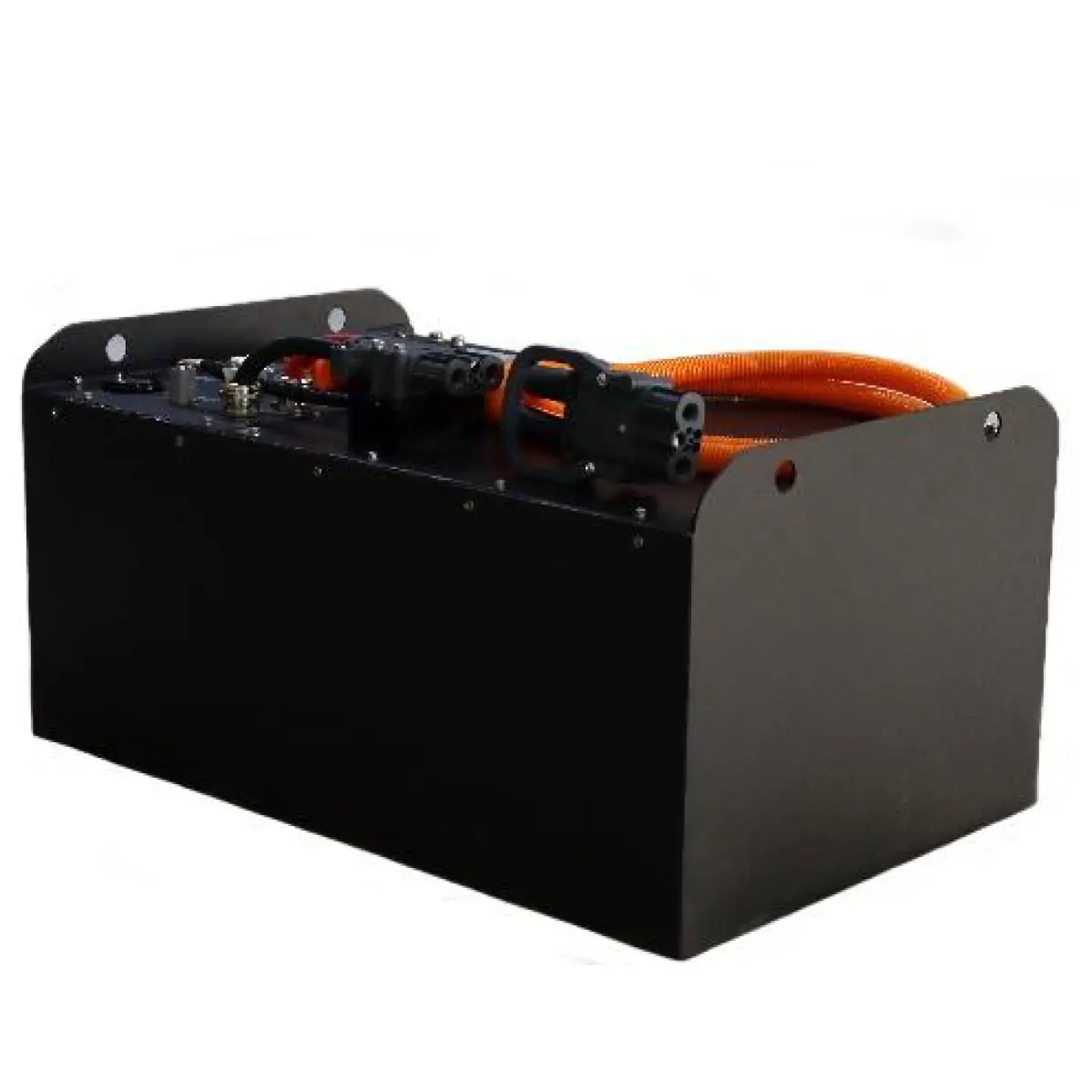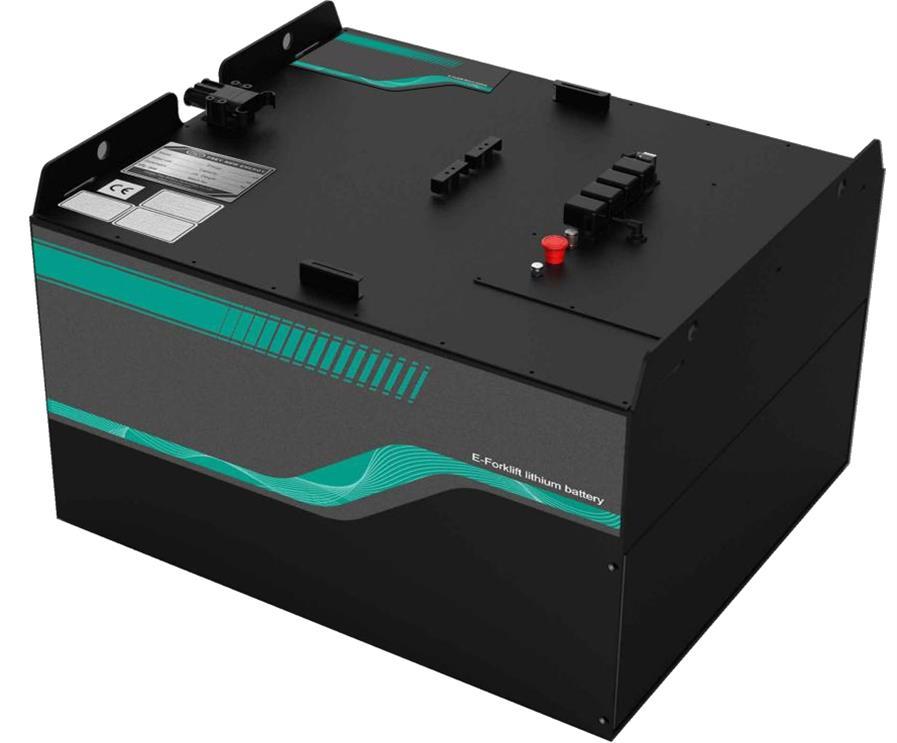Forklifts, also known as industrial trucks or lift trucks, play a critical role in various industries by enabling the efficient movement and transportation of heavy materials. These versatile machines are powered by electric batteries that provide the necessary energy for their operations. Proper maintenance of forklift battery is essential to ensure optimal performance and longevity. One crucial aspect of forklift battery maintenance is monitoring and maintaining the water level within the batteries. In this article, we will explore the importance of forklift battery water levels, the maintenance procedures involved, and best practices to ensure the longevity and reliability of your forklift batteries.
The Importance of Forklift Battery Water Levels
Forklift batteries are typically lead-acid batteries, composed of lead plates submerged in a sulfuric acid solution. During the discharge and charging cycles, chemical reactions occur within the battery that generate hydrogen and oxygen gases. These gases need to escape the battery to prevent pressure buildup, which can damage the battery or even lead to safety hazards.
Maintaining the appropriate water level within the forklift battery is crucial for several reasons:
Optimal Electrolyte Balance: The water in the battery serves as a medium for the chemical reactions that generate electricity. Proper water levels ensure that the battery's electrolyte balance remains stable, allowing the chemical reactions to occur efficiently.

Prevention of Overheating: Inadequate water levels can result in excessive heat buildup within the battery. Overheating can lead to accelerated degradation of the battery components, reducing its overall lifespan.
Avoiding Corrosion and Sulfation: Low water levels can expose the lead plates, leading to corrosion and the formation of lead sulfate crystals on the plates. This process, known as sulfation, can diminish battery capacity and performance over time.
Safety Concerns: As mentioned earlier, excessive hydrogen gas buildup due to inadequate water levels can create safety hazards, including the risk of explosions. Proper water levels allow these gases to escape safely.
Forklift Battery Water Level Maintenance
Regular maintenance of forklift battery water levels is essential to ensure the efficient operation and longevity of the battery. Here are the steps involved in monitoring and maintaining proper water levels:
1. Inspection:
Regularly inspect the battery water levels to ensure they are within the recommended range. This inspection should be part of a routine maintenance schedule.
2. Adding Water:
If the water level is below the designated level, distilled water should be added to each cell. It's important to use distilled water to prevent impurities or minerals from affecting the battery's performance.

3. Timing:
Water should be added after the battery has been fully charged. Adding water before charging can lead to overfilling, as the charging process can cause the electrolyte to expand.
4. Fill to the Correct Level:
Each cell should be filled to the appropriate level, usually just above the lead plates. Avoid overfilling, as excess water can lead to electrolyte overflow during charging.
5. Vent Caps:
After adding water, ensure that the vent caps are properly secured. These caps allow gases to escape while preventing electrolyte evaporation.
6. Protective Gear:
Always wear appropriate safety gear, such as gloves and safety goggles, when working with forklift batteries to prevent contact with electrolyte or other potentially harmful substances.
Best Practices for Forklift Battery Water Level Maintenance
To ensure the longevity and reliable performance of your forklift batteries, consider implementing the following best practices:
1. Establish a Maintenance Schedule:
Create a regular maintenance schedule that includes battery water level checks. Consistency in maintenance will help prevent issues from arising.
2. Employee Training:
Provide proper training to forklift operators and maintenance personnel on battery maintenance procedures. Educate them about the importance of water levels and safety precautions.

3. Use Deionized Water:
If distilled water is not readily available, deionized water can also be used. Avoid using tap water, as it may contain minerals that can affect battery performance.
4. Avoid Overcharging:
Overcharging a forklift battery can lead to excessive water consumption. Use a forklift charger with automatic shut-off features to prevent overcharging.
5. Monitor Temperature:
High temperatures can accelerate water evaporation. Ensure that the charging area is adequately ventilated and maintain suitable ambient temperatures.
6. Regular Cleaning:
Keep the battery and its surroundings clean to prevent debris or contaminants from entering the cells.
7. Equalizing Charges:
Periodically perform an equalizing charge to balance the individual cells and prevent sulfation. This process involves controlled overcha
Maintaining proper forklift battery water levels is a crucial aspect of forklift maintenance that directly impacts performance, longevity, and safety. Neglecting this aspect can lead to reduced battery life, increased downtime, and potential safety hazards. By adhering to recommended maintenance practices, conducting regular inspections, and educating personnel, you can ensure that your forklift batteries operate efficiently and have an extended lifespan, ultimately contributing to the smooth operation of your industrial processes.
Next:Forklift Battery Repair and Forklift Charger
Previous:Forklift Battery and Forklift Chargers in Industrial Operations
Contact Person: Miss. Kiki
| WhatsApp : | +8617763224709 |
|---|---|
| Skype : | +8617763224709 |
| WeChat : | +8617763224709 |
| Email : | kiki@lifepo4-battery.com |